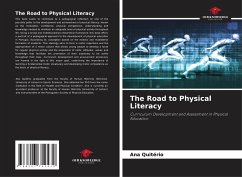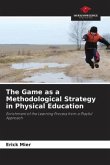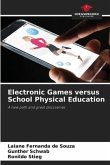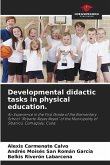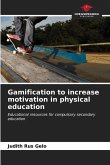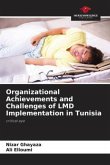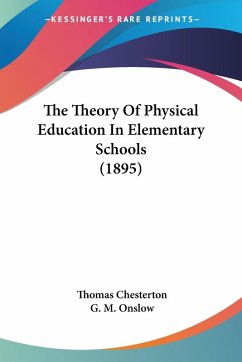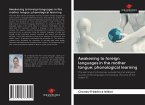This book seeks to contribute to a pedagogical reflection on one of the possible paths to the development and achievement of physical literacy, known as the motivation, confidence, physical competence, understanding and knowledge needed to maintain an adequate level of physical activity throughout life. Using a broad and multidisciplinary theoretical framework, this book offers a portrait of a pedagogical approach to the development of physical education in Portugal, illustrating its conception based on the eclectic and multilateral formation of students. This ideology aims to form a motor repertoire and the appropriation of a motor culture that allows young people to develop a taste for regular physical activity and the acquisition of skills, attitudes, values and knowledge that facilitate the promotion of their autonomy to be active throughout their lives. Curriculum development and assessment processes are framed in the light of this major goal, underlining the importance of learning a fundamental motor vocabulary and developing motor competence as the basis of physical literacy.
Bitte wählen Sie Ihr Anliegen aus.
Rechnungen
Retourenschein anfordern
Bestellstatus
Storno

